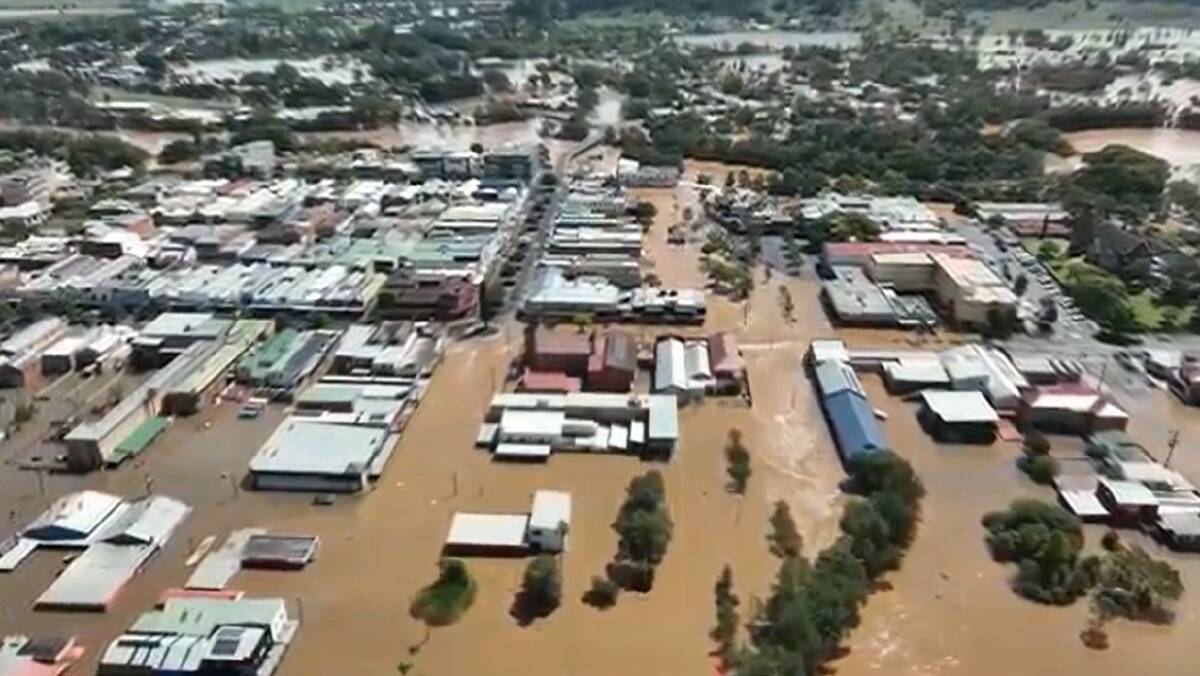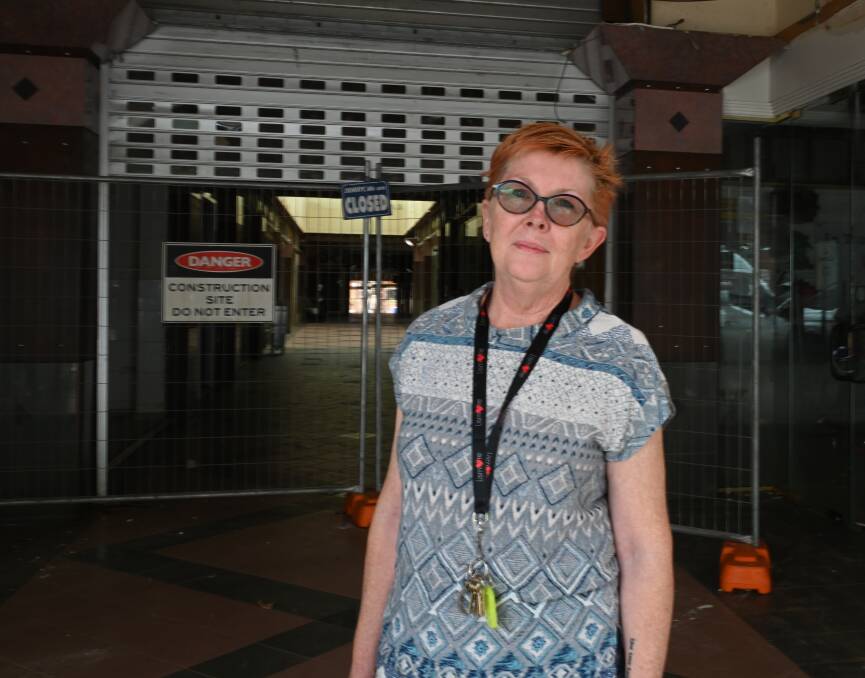A business leader has estimated about 10 per cent of flood impacted businesses in Lismore may not come back to the town.

Prior to the disaster, approximately 3000 businesses were operating in Lismore CBD, East, North and South Lismore, meaning about 300 may not reopen.
Lismore Chamber of Commerce President Ellen Kronen said it is a loss the town can ill afford.
Ms Kronen said it was encouraging to see businesses reopening, but sadly, not all will, with some longstanding business owners indicating they are closing the doors for good, or moving out of the flood zone.
"It's incredibly positive more businesses are opening every day," she said. "But it is equally sad some businesses wont. It's so hard.
"We can't afford to lose a lot of businesses. We need services here that create the jobs."
She said it had a flow-on effect - businesses needed to open to keep people employed, and to provide services, but businesses also needed the people shopping and spending money in the CBD to remain viable.
"If we start to lose a volume of businesses it just means that people go somewhere else, the other towns get the money. We need the money flowing through the local economy if we want to keep the jobs here and help families supported by CBD businesses."
Ms Kronen estimates it may take 1-2 years for the town to recover from the flood, but there were things that could be done to help business owners come back.

Providing relief packages for commercial landlords and building owners was a start, as they had essentially been left to fend for themselves.
"It's a really poor situation. If commercial landlords don't come back, then the business that was renting there can't come back, and that has a direct impact on the whole of town."
Ms Kronen said while conversations were happening to help landlords, it had been too slow in coming.
"Grants for commercial landholders and building owners have been too slow. It might mean the difference between a business owner coming back or not."
While Ms Kronen did not support moving the entire town, she said it was an individual decision for business owners whether to stay or go.
"I love the CBD, and I know things need to change, but don't think moving the CBD willy-nilly is actually the great solution. For some businesses it may be, but not for others.
"I'm in the Star Court (Arcade). I love the Star Court. How can anyone suggest that be moved. It's part of the history and fabric of the city.
"We need to be realistic about it. Where do those 3000 businesses go?"
She said the community and its leaders need to learn lessons from previous disasters.
"Some of the lessons that should have been learned after the 2017 flood were not", she said.
"We have to learn this time, because who is going to come and save us?
"We need to acknowledge that we are a flood town and factor that into new builds, and every new business owner should be inducted about what the risk is."
She said a solid emergency response plan for the whole town was vital to building business confidence - including flood wardens, removal trucks, and good communication.
Also, surprisingly, Ms Kronen said none of the building codes were updated after 2017.
"We need to start looking at flooding the way we do fires and cyclones and have flood resilience built into the code."
For example, she said having glow in the dark numbers painted on roofs and placed high near eaves would help air rescue services locate people during a flood.
Ms Kronen said while grant money had flowed quickly to small business owners, there needed to be more flexibility surrounding criteria for medium business owners.
She said some businesses fit all of the criteria for the grant, but employed 15 people, not 20, so were eligible for only $50,000, not $200,000, and that "did not go far".
Ms Kronen welcomed the establishment of the Northern Rivers Reconstruction Corporation and hoped it would "make some decisions, and fund them".
"People are stuck in this hell about not knowing what the next steps are for their homes and businesses. This may help a resolution."
She said the Chamber was told it would have a "seat at the table" in the corporation's discussions about the town's future, and that a number of groups would be formed to shape that direction.
But, she warned the community needed to be vocal about what it wanted.
"The business community needs to be actively speaking up about what they want. To identify the key priorities."
Ms Kronen was keen to know whether the Corporation could make a decision with the results of the CSIRO report, whether it would be visible in the community, and whether it would be open in its dealings.
"I just want them to be open and up front, even if the decision is one that we don't like or expect, just be clear about why. If a building needs to be demolished, be clear about that. Clear and open communication is the best we can hope for."


